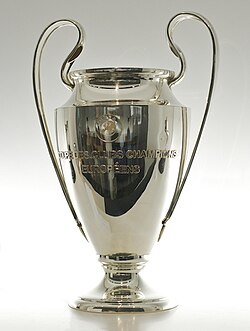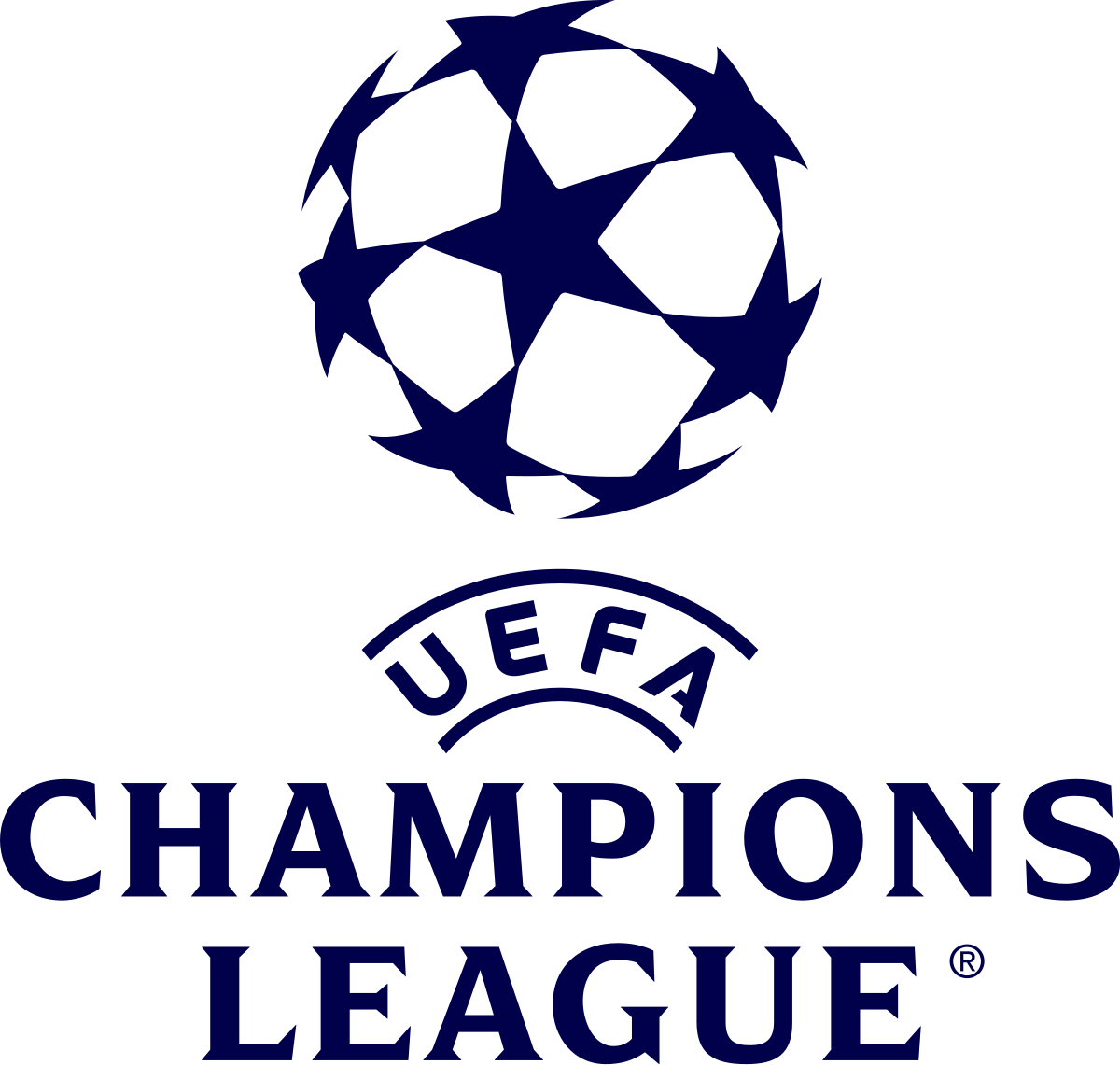Introduction
The Champions League is one of the most prestigious tournaments in the world of football, attracting the best clubs from across Europe. Established in 1955, the competition showcases top-tier talent, fierce rivalries, and unforgettable moments. Each season, clubs vie for the coveted trophy, making it the pinnacle of club football. Fans across the globe eagerly anticipate thrilling matches, stunning goals, and the chance to see their favorite teams compete for the title. In this article, we’ll delve into the history, format, and significance of the Champions League.
History of the Champions League
The Champions League has a rich history that dates back to its inception as the European Cup. Initially, it started as a knockout competition featuring only the champions of each country. The tournament has evolved significantly over the decades, expanding to include more teams and a group stage format.
- Founding: The first European Cup was held in 1955-56, featuring 16 teams.
- Growth: In 1992, the competition was rebranded as the Champions League, allowing multiple teams from each country to participate.
- Modern Era: Today, 32 teams compete in the group stage, followed by knockout rounds.
These changes have helped elevate the tournament’s profile and have allowed even more clubs to compete at the highest level.
Format of the Champions League
The format of the Champions League is designed to ensure that the best teams from various leagues can compete against each other. Here’s a breakdown of how the tournament works:
Group Stage: The tournament begins with a group stage featuring 32 teams divided into eight groups of four. Each team plays home and away matches against the other teams in their group.
Knockout Stage: The top two teams from each group advance to the knockout stage, which includes the Round of 16, quarter-finals, semi-finals, and the final.
Final Match: The final is a single match held at a neutral venue, where the teams compete for the title.
This format not only ensures high-level competition but also provides teams with multiple opportunities to showcase their skills.
Importance of the Champions League
The Champions League holds immense significance for clubs, players, and fans alike. Here are some reasons why it is considered the ultimate competition:
Prestige: Winning the Champions League is often seen as the pinnacle of a club’s achievements, elevating its status in both domestic and international football.
Financial Rewards: The tournament offers substantial financial incentives through broadcasting rights, sponsorships, and ticket sales, which can significantly impact a club’s revenue.
Showcasing Talent: The Champions League provides a platform for players to demonstrate their skills on a global stage, often leading to transfers and increased recognition.
Rivalries: The tournament has fostered iconic rivalries and dramatic moments that are etched in football history, further enhancing its allure.
Notable Teams and Players
Throughout its history, the Champions League has seen numerous legendary teams and players leave their mark. Clubs like Real Madrid, AC Milan, and Liverpool have dominated the tournament, each boasting multiple titles.
Some key facts about notable teams:

- Real Madrid: Holds the record for the most titles, with 14 wins.
- AC Milan: A close second with 7 titles, showcasing their historical dominance.
- Liverpool: Known for their remarkable comebacks, they have lifted the trophy 6 times.
In terms of players, legends like Cristiano Ronaldo, Lionel Messi, and Zinedine Zidane have graced the tournament, contributing to its rich narrative.
Recent Champions and Future Outlook
The Champions League continues to evolve with each passing season. Recent champions have included elite clubs that have showcased both skill and resilience. The competition remains fierce, with clubs investing heavily in top players and managers to achieve success.
- Current Trends: Increased competitiveness with clubs from various leagues making deep runs.
- Future Format: Discussions about expanding the tournament further, potentially leading to more matches and opportunities for clubs to participate.
As football continues to grow globally, the Champions League will likely remain at the forefront, drawing in fans and creating new stories each season.
Conclusion
The Champions League is not just a tournament; it’s a celebration of football at its finest. With a rich history, a competitive format, and global significance, it continues to capture the hearts of millions. As clubs strive for glory and players aim for legendary status, the Champions League remains the ultimate stage for showcasing talent and passion.
FAQ
Q: When does the Champions League season start?
A: The Champions League season typically begins with the group stage in September and concludes with the final in May.
Q: How many teams participate in the Champions League?
A: A total of 32 teams compete in the group stage, with additional teams entering in the qualifying rounds.
Q: What is the prize for winning the Champions League?
A: The winning team receives the prestigious trophy, significant financial rewards, and qualification for the next season’s tournament.
Q: Who holds the record for the most Champions League titles?
A: Real Madrid holds the record with 14 titles in the competition’s history.
Q: Can clubs from outside Europe participate in the Champions League?
A: No, only clubs from UEFA member associations are eligible to compete in the Champions League.
Q: Is the Champions League only for league champions?
A: No, it also includes top teams from each league, allowing for multiple entries from stronger leagues.



